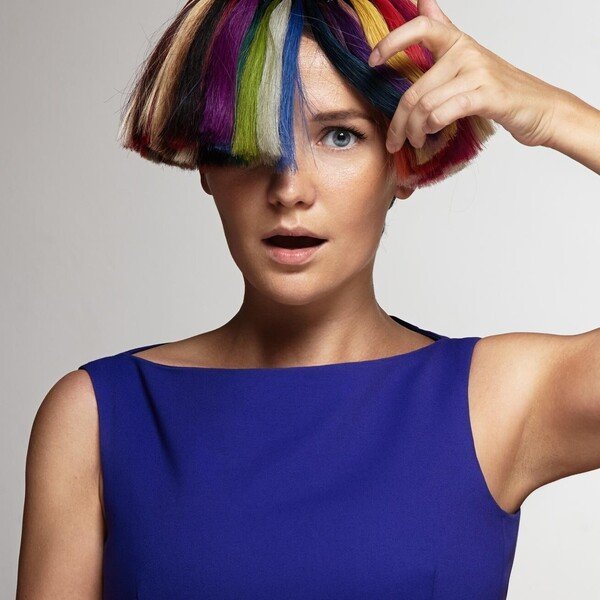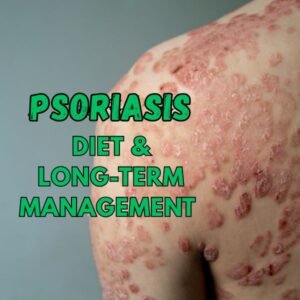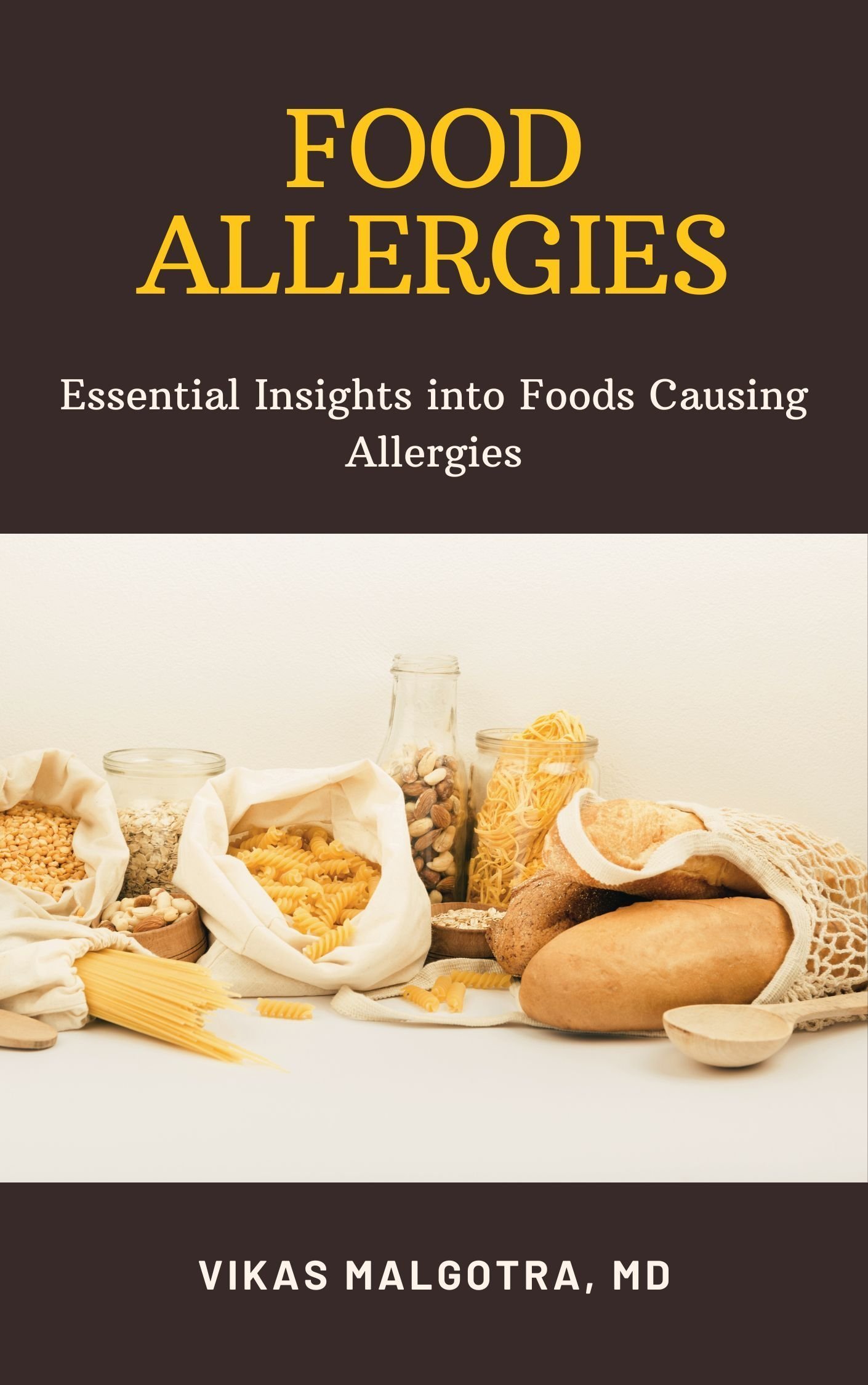So, you’re growing a baby and a few grey hairs at the same time. Tempted to reach for that hair dye? I get it—pregnancy can feel like an awkward combo of hormonal chaos and surprise beauty challenges. But the real question is: Is it safe to dye your hair while pregnant?
Let’s brush through the facts—no fear-mongering, just science.
What’s in Hair Dye Anyway?
Hair dyes, especially permanent ones, often contain chemicals like ammonia, resorcinol, and paraphenylenediamine (PPD)—ingredients that help color stick around longer.
These dyes also release fumes that can be pretty strong (you know the smell). And yes, some of these chemicals can be absorbed through your skin—just like topical medications. But don’t panic! That doesn’t mean they’re charging through your bloodstream on a mission to find the baby.
Is the Baby at Risk?
Here’s the deal:
- Animal studies (hello, lab rats!) have shown that extremely high doses of some dye chemicals might be harmful.
- But in real-world human scenarios, the amount of dye absorbed through the scalp is minimal.
- Most research so far shows no proven link between occasional hair dyeing and birth defects in humans.
That said, the first trimester is when the baby’s organs are forming—so if you’re planning a unicorn-pink makeover, maybe hold off until you’re in your second trimester. Better safe than sassy?
What About Allergies and Reactions?
Pregnancy can turn your immune system into a drama queen. Even if you’ve dyed your hair for years without issues, you could suddenly develop an allergic reaction, or worse—a widespread irritant rash that’s a nightmare to treat while pregnant.
So always do a patch test, even if you’re a dye veteran.
If you’re a professional working with dyes day in and day out, that’s a different story. Long-term exposure to hair dye chemicals and fumes may increase the risk of certain cancers in hairdressers and barbers.1,2 For you, pregnancy might be a good time to take extra precautions—or switch to gentler products if possible
How to Minimize Risk While Dyeing
If you’re still keen on coloring (because let’s face it, roots wait for no one), here’s how to do it safely:
- ✅ Wear gloves
- ✅ Leave the dye on for the shortest time possible
- ✅ Rinse thoroughly after application
- ✅ Consider highlights or streaks (they don’t touch the scalp = less absorption)
- 🚫 Skip the plastic caps—trapping those fumes is a no-no
What About Natural Dyes Like Henna?
Ah, henna—the earthy, herbal classic. Many consider it the “safe alternative” to chemical dyes during pregnancy. And yes, it’s generally safer if you’re using pure, natural henna.
But beware of so-called “black henna,” which often contains added chemicals like PPD—the very thing we’re trying to avoid.
Bottom line: Natural doesn’t always mean risk-free, so always read the label like you’re reading ingredients on a snack you’re not supposed to have.
The Final Word from Your Derm
So, can you dye your hair during pregnancy?
- ✅ Yes, but it’s best to wait until after the first trimester.
- ✅ Yes, but opt for highlighting or gentler formulas.
- ❌ No, if you’ve had allergic reactions in the past or are sensitive to strong smells.
Pregnancy is full of surprises—you’re growing a tiny human, after all. If a bit of grey sneaks in, take it in stride. That strand isn’t your enemy; it’s just a tiny badge of baby-building glory.
And remember, post-delivery, you can color, balayage, and ombré to your heart’s content. The dye will wait. Your baby’s health comes first.
References
- Gubéran, E.; Raymond, L.; Sweetnam, P. M. Increased risk for male bladder cancer among a cohort of male and female hairdressers from Geneva. International journal of epidemiology 1985, 14 (4): 549−54.
- Alderson, M. Cancer mortality in male hairdressers. Journal of epidemiology and community health 1980, 34 (3), 182−5.





